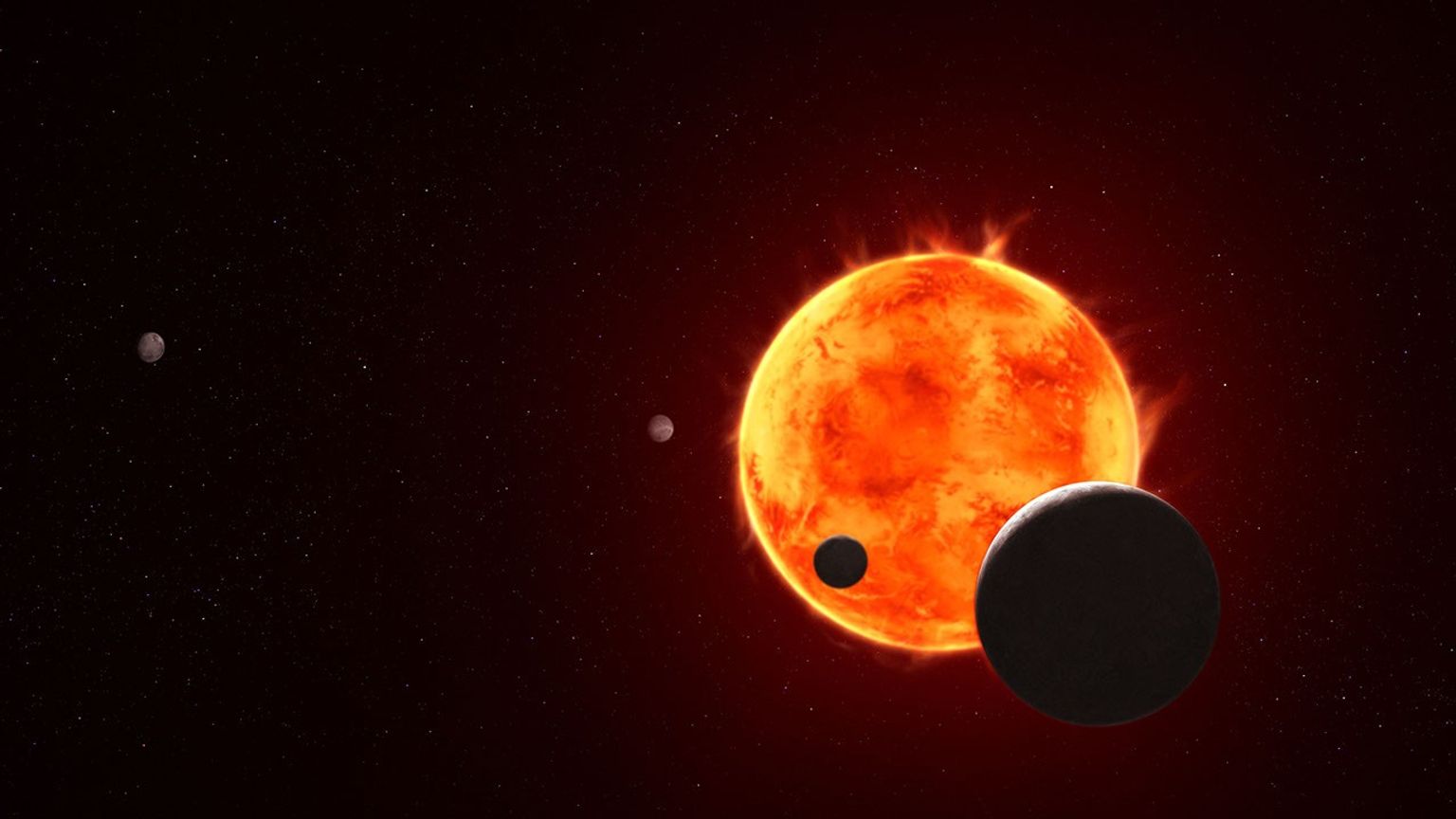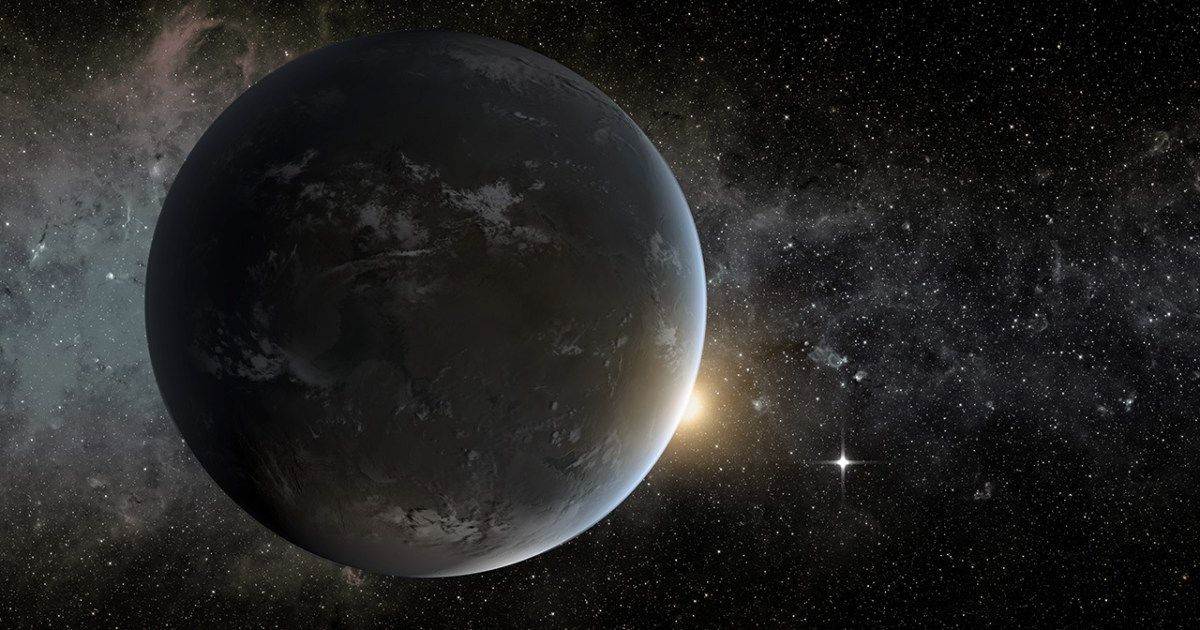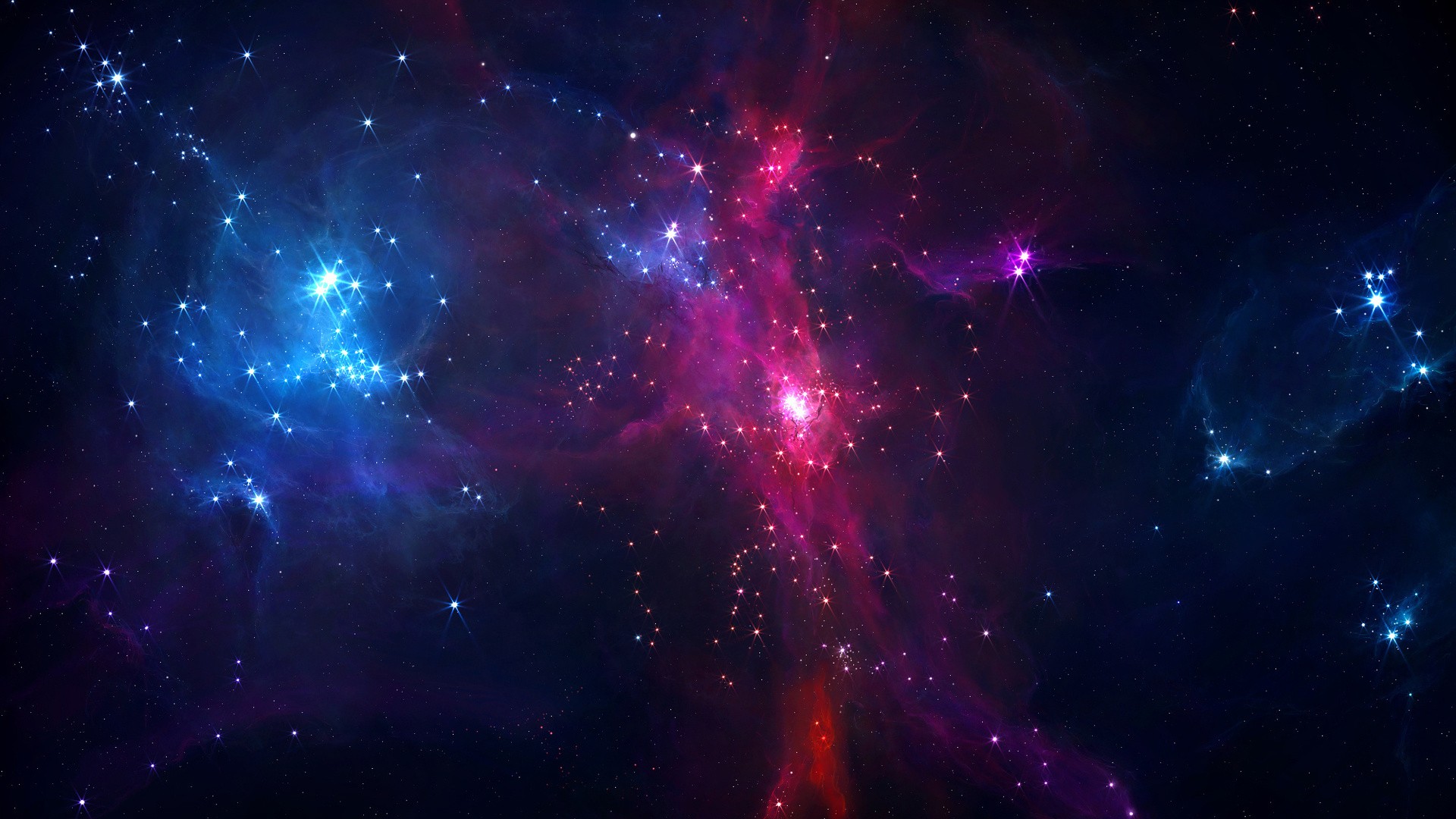
Scientists are in the midst of observing the exoplanet TRAPPIST-1 e with NASA’s James Webb Space Telescope.

Researchers said on May 20, 2025, that there could be abundant water on the seven worlds.

Data from 2023 soured hopes that a nearby exoplanet had a habitable atmosphere. That disappointment might have been premature.

A new study of the seven Earth-sized exoplanets around TRAPPIST-1 indicate that all 7 planets are extremely similar to each other in makeup, but potentially quite different from Earth.

Scientists have been hard at work trying to determine the densities of the TRAPPIST-1 planets, and it looks like water is abundant in the TRAPPIST system.

It’s been less than a year since astronomers detected TRAPPIST-1, a remarkable star system located 39 light years from Earth. New research suggests life could take root on at least two of these planet.

The results suggest that the outer planets of the system might still harbour substantial amounts of water. This includes the three planets within the habitable zone of the star.
A numerical simulation of TRAPPIST-1 is used to play a piano note every time a planet passes in front of the star and a drum every time a faster inner planet overtakes its outer neighbor.

A new scientific model studies whether liquid water can be maintained on planets in various conditions, and could be used to confirm the presence of vegetation on faraway worlds.

An astrophysics researcher has identified the possible compositions of the seven planets in the TRAPPIST-1 system. TRAPPIST-1e may be the best candidate for future habitability studies.

Astronomers have confirmed the existence of the seventh planet around the ultracool dwarf star TRAPPIST-1.

(SETI) alien hunters look for signs of extraterrestrial life in Trappist-1, a newly discovered solar system, by listening to radio surveillance.

Astronomers have found seven Earth-sized planets around a cool red dwarf, all of which have the potential for liquid surface water.